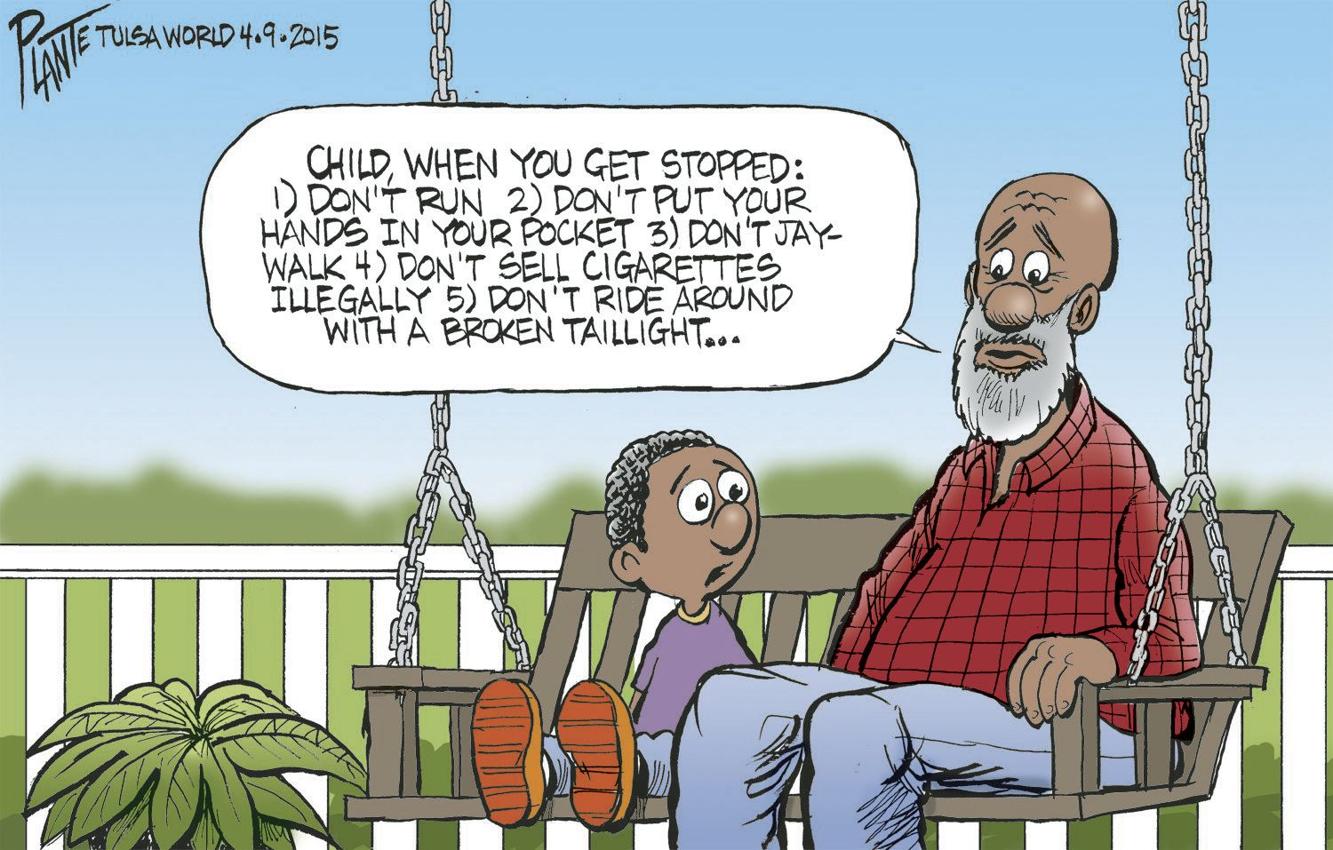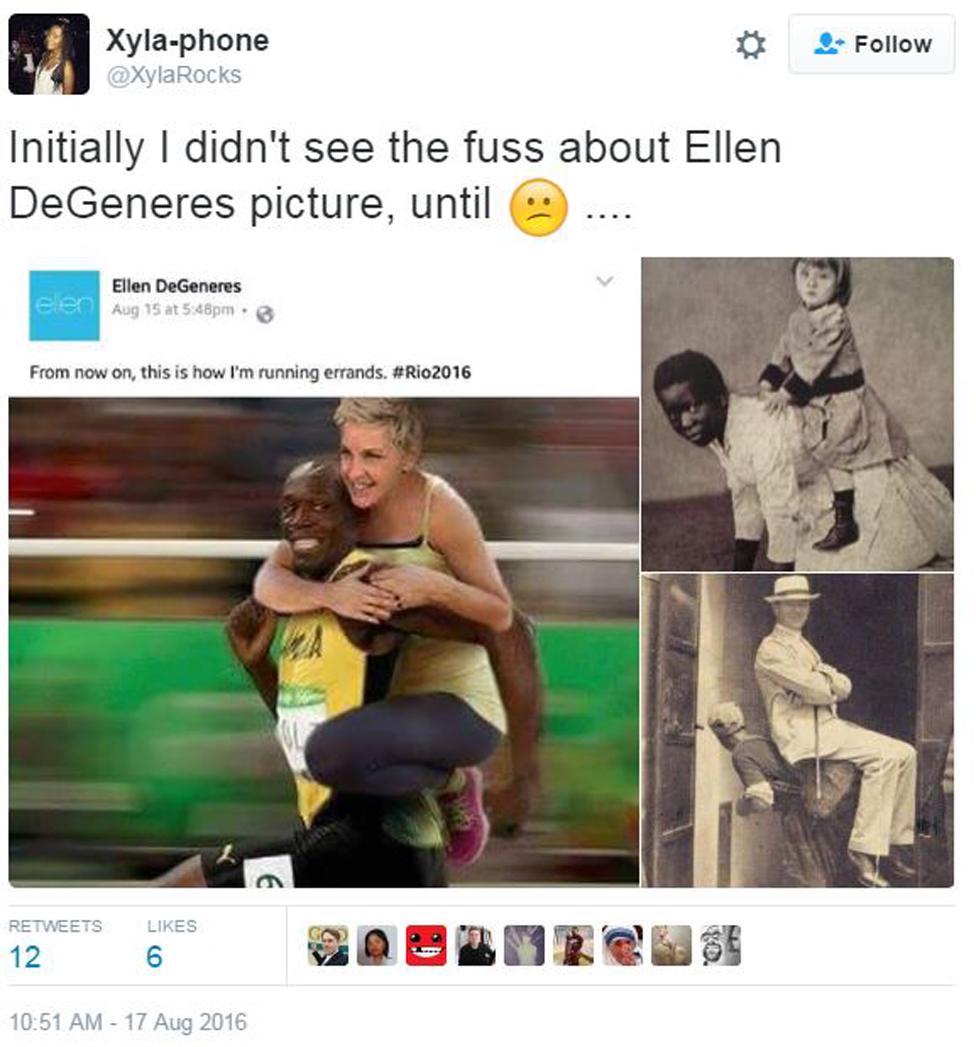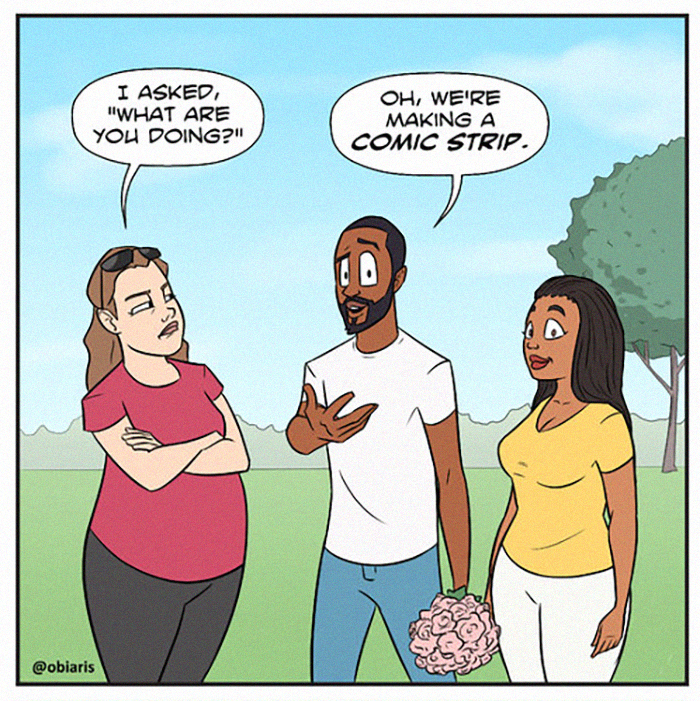In a world ostensibly moving toward inclusivity, the question of whether laughter can truly remain innocent when it targets race remains deeply troubling. Racist jokes, even when cloaked in humor, perpetuate harmful stereotypes and contribute to a culture of prejudice. The internet, a vast repository of information, is also home to lists that promise the "funniest" or "most outrageous" racist jokes, often ranked by user votes. Titles like "Top 10 Racist Jokes" or "35+ of the Best Racist Jokes (No Filter)" are readily available, raising serious questions about the normalization of prejudiced humor. This curated selection of offensive material, frequently targeting Asians, Mexicans, Blacks, and other groups, underscores a disturbing trend: the commodification of racism for entertainment.
These lists, with their promise of unfiltered content, suggest a demand for this type of material, prompting a deeper examination of the motivations behind it. Are people genuinely seeking harmless amusement, or is there a darker element at play, one that revels in the degradation of others? The presence of "one-liners" underscores the ease with which these harmful ideas can be disseminated and consumed. The very existence of "top 10" lists and user ratings suggests a demand for this type of content, further complicating the narrative of humor and harm.
| Aspect | Description |
|---|---|
| Definition | Racist jokes are a subgenre of humor that rely on and reinforce negative stereotypes about racial groups. |
| Intent | The primary intent is often to ridicule, dehumanize, and promote harmful biases against specific racial groups. |
| Common Targets | Subjects frequently focus on perceived racial characteristics such as skin color, cultural practices, or ethnic origins. |
| Impact | These jokes perpetuate prejudice, reinforce discriminatory attitudes, and contribute to a hostile environment for targeted groups. |
| Social Role | Racist humor can normalize and legitimize racist sentiments, making it more acceptable to express discriminatory views in social contexts. |
| Historical Context | Racist jokes have a long history in many societies, often used to justify oppression and maintain power imbalances. |
| Ethical Considerations | The use and dissemination of racist jokes raise significant ethical concerns due to their potential to cause harm and incite hatred. |
| Legal Implications | In some jurisdictions, the distribution of racist humor that incites violence or discrimination may have legal consequences. |
| Related Concepts | Superiority Theory (explains how feelings of ethnic/racial superiority inform racist humor); Stereotypical Humor (relies on "us versus them" thinking); Hate Speech (racist jokes can contribute to a broader culture of hate speech). |
| Further Reading | Anti-Defamation League (ADL) Resources on Racism |
The normalization of racist jokes has deep historical roots. "Back in the day," as the saying goes, cartoons and other forms of media often got away with racist, sexist, and homophobic jokes that would be considered utterly unacceptable today. This historical context is crucial because it reveals how societal attitudes toward race and prejudice have evolved—or, in some cases, failed to evolve. What was once considered "harmless fun" is now recognized as a form of microaggression or even outright hate speech. The question, "So, what do you call a white man surrounded by one hundred blacks?" exemplifies the kind of question-and-answer format often used to deliver racist barbs. The setup itself frames race as a point of tension or abnormality, setting the stage for a punchline that likely relies on stereotypes and prejudice.
- Vegovies The Ultimate Guide To Plantbased Movie Snacking
- Hd Hub 4 U Your Ultimate Destination For Highquality Entertainment
In a world grappling with racial tensions, the prevalence and impact of racist jokes raise critical questions about the role of comedy. What does it mean for today's comedy scene when humor is used to perpetuate harmful stereotypes and incite prejudice? How can comedians push boundaries and provoke thought without resorting to cheap shots that target vulnerable groups? The claim that a list contains "35+ of the best racist jokes (no filter)" is deeply troubling. The very idea of ranking racist jokes suggests a competition for the most offensive and harmful material. The absence of a "filter" implies a willingness to embrace even the most extreme forms of prejudice, devoid of any ethical considerations.
It's important to acknowledge that racist jokes have been popular in various societies throughout history. However, this popularity does not equate to acceptability or harmlessness. Instead, it highlights the insidious nature of prejudice and its ability to infiltrate even seemingly innocuous forms of entertainment. The anecdote, "Sometimes if I wanna get someone's attention, I'll start a sentence with 'I'm not racist, I'm not racist, but you look great today,' and they say, that wasn't racist at all," reveals a disturbing level of awareness about the power of language. It suggests that people are willing to exploit the disclaimer "I'm not racist" as a means of delivering prejudiced remarks under the guise of compliment. The fact that the recipient doesn't recognize the inherent racism speaks volumes about the pervasiveness of subtle biases.
Scholarship on this type of humor often relies on superiority theory, which posits that feelings of ethnic or racial superiority inform racist humor. This "us versus them" mentality fuels stereotypical jokes and makes hatred seem pleasurable, even attractive, to some individuals. The ability of humor to mask and legitimize prejudice is a dangerous phenomenon. Racist jokes are not just a few words strung together for a laugh. They carry weight, history, and pain. They are not harmless pranks or innocent observations; they are weapons that can inflict real damage on individuals and communities. The claim that a list contains "30+ of the best black jokes about black people (racist, no limits, and dark humor)" further highlights the diversity and pervasiveness of racist humor.
- Somali Nude Telegram
- Mothers Warmth Chapter 3 Jackerman A Heartwarming Journey Through Love And Connection
Even seemingly innocuous jokes can perpetuate stereotypes and reinforce discriminatory attitudes. A simple joke like, "One blonde walked into a tavern one day and asked for a table that will sit 10 and a pint. She received her beer and a table that would sit 10," perpetuates the stereotype that blondes are unintelligent. The notion that racist jokes are "not harmless" and should not be "brushed off as just a joke" is a crucial point. Minimizing the impact of prejudiced humor allows it to fester and spread, contributing to a climate of intolerance and discrimination.
Great collections of short funny racist jokes about black people, Jews, Mexicans, the Chinese, and even white people exist, but these jokes are rooted in harmful stereotypes. The focus on various groups—Black people, Jews, Mexicans, Chinese, and even white people—suggests a broad spectrum of prejudice, demonstrating that no group is immune to being the target of offensive humor. The key is to understand that humor should not come at the expense of another's dignity or well-being. After conservatives unearthed old tweets joking about white people by journalist Sarah Jeong, a little perspective about how humor and racism work is needed. It's vital to understand how humor and racism intertwine. It prompts a discussion about whether humor targeting dominant groups carries the same weight as humor targeting marginalized groups, highlighting the importance of considering power dynamics when evaluating the impact of jokes.
The commodification of racist jokes is not merely a reflection of individual biases but also a symptom of broader societal issues. In an era where social media amplifies voices and opinions, the spread of prejudiced humor can have far-reaching consequences. It not only affects the individuals targeted by these jokes but also shapes societal norms and attitudes. Celebrities and public figures, who often serve as cultural influencers, have a responsibility to consider the impact of their words and actions. For instance, when comedians like Dave Chappelle or Louis C.K. incorporate racially charged humor into their routines, it sparks intense debates about the boundaries of free speech and the ethical responsibility of artists. While some argue that comedy should challenge societal norms, others contend that it should not come at the expense of perpetuating harmful stereotypes.
Moreover, the impact of racist humor extends beyond individual interactions. It contributes to systemic issues, reinforcing discriminatory practices in workplaces, schools, and communities. For example, in corporate environments, racist jokes can create hostile work environments, leading to decreased productivity and morale among employees from marginalized groups. In educational settings, such humor can alienate students and hinder their academic performance. The normalization of racist jokes in popular culture can also influence younger generations, shaping their perceptions of race and diversity. This cycle perpetuates a culture of intolerance, making it increasingly difficult to achieve true inclusivity and equality.
Efforts to combat the spread of racist humor require a multi-faceted approach. Education plays a crucial role in raising awareness about the harmful effects of prejudiced humor. Schools and organizations can implement programs that promote cultural sensitivity and empathy, encouraging individuals to think critically about the impact of their words. Media platforms, including social media companies, can take steps to regulate the dissemination of racist content, ensuring that their platforms are not used to perpetuate hate. Additionally, public discourse around issues of race and humor must continue to evolve, fostering open and honest conversations about the complexities of these topics.
Ultimately, the question of whether laughter can truly remain innocent when it targets race is one that society must confront. Racist jokes, though often dismissed as harmless, carry significant weight and contribute to a culture of prejudice. As individuals and communities, we have a responsibility to challenge these harmful stereotypes and work toward a more inclusive and equitable society. By recognizing the impact of our words and actions, we can create a world where humor does not come at the expense of another's dignity or well-being.
- Whats Wrong With Kash Patels Eyes Uncovering The Truth Behind The Controversy
- Somali Telegram 2025 A Deep Dive Into The Future Of Communication


